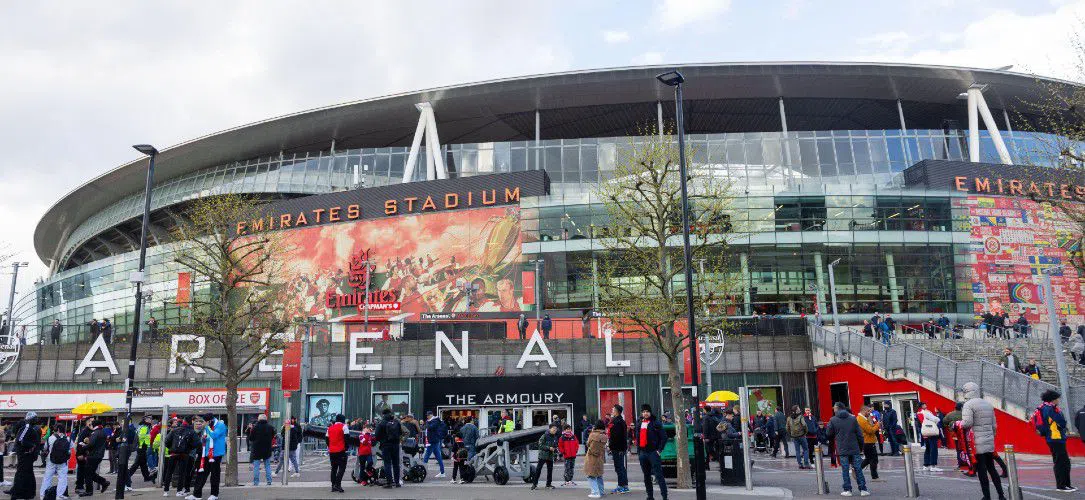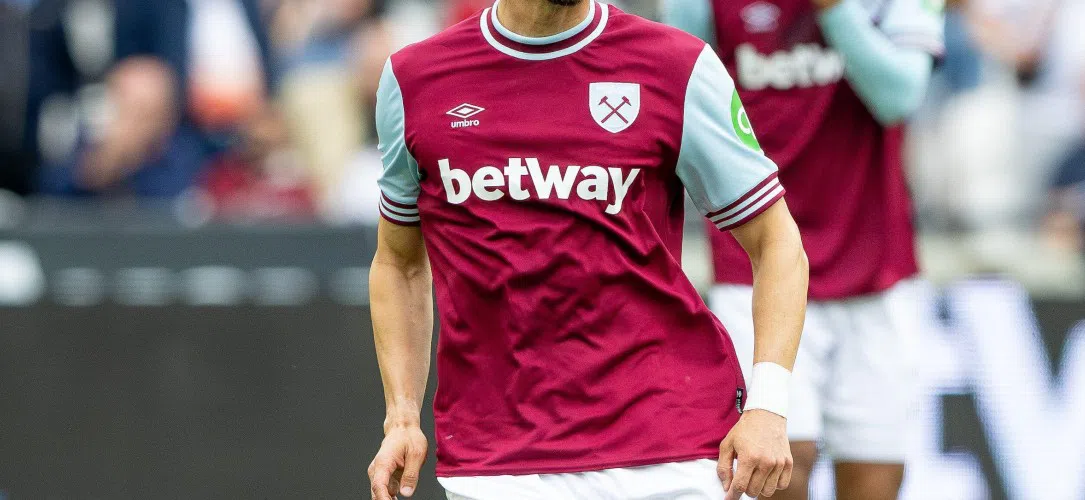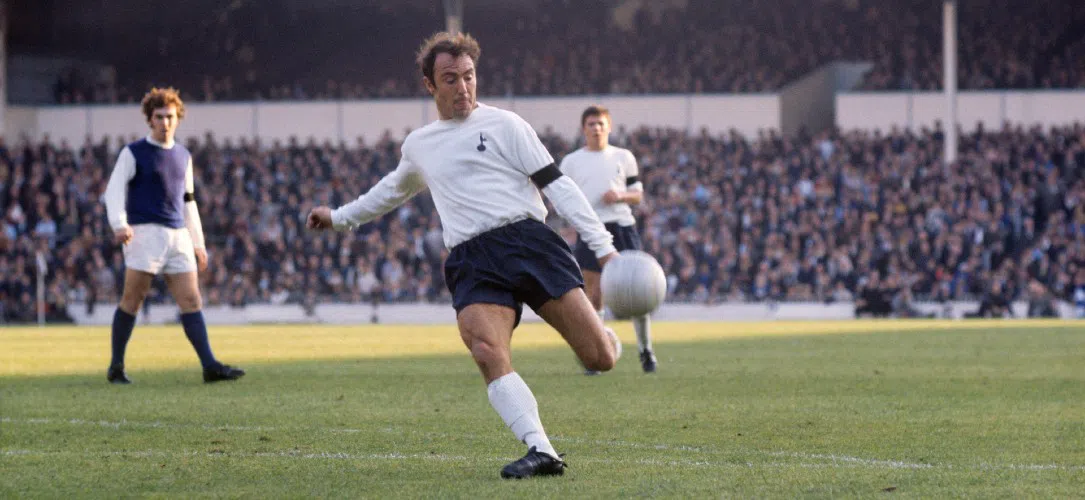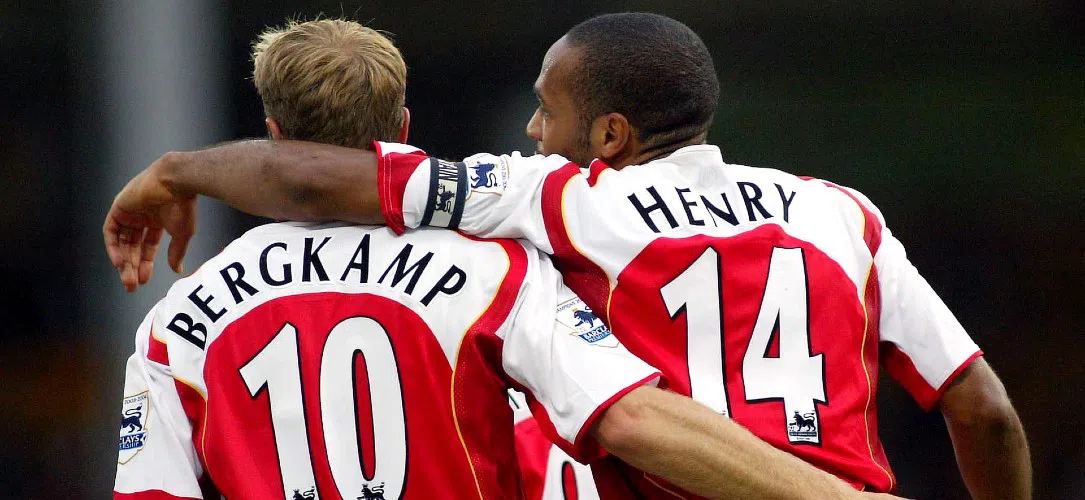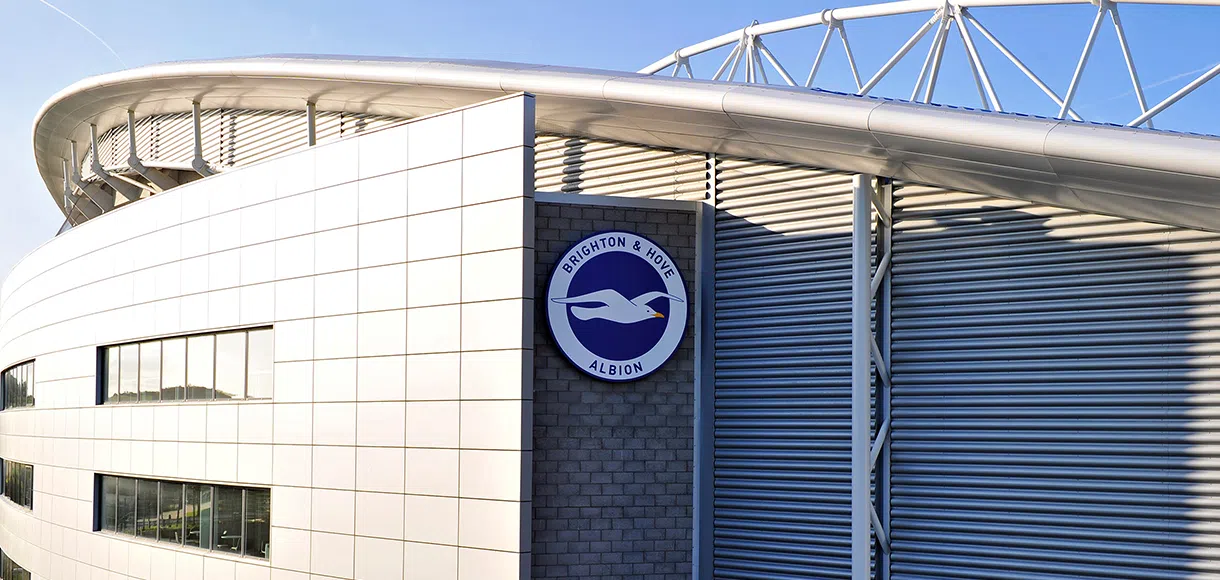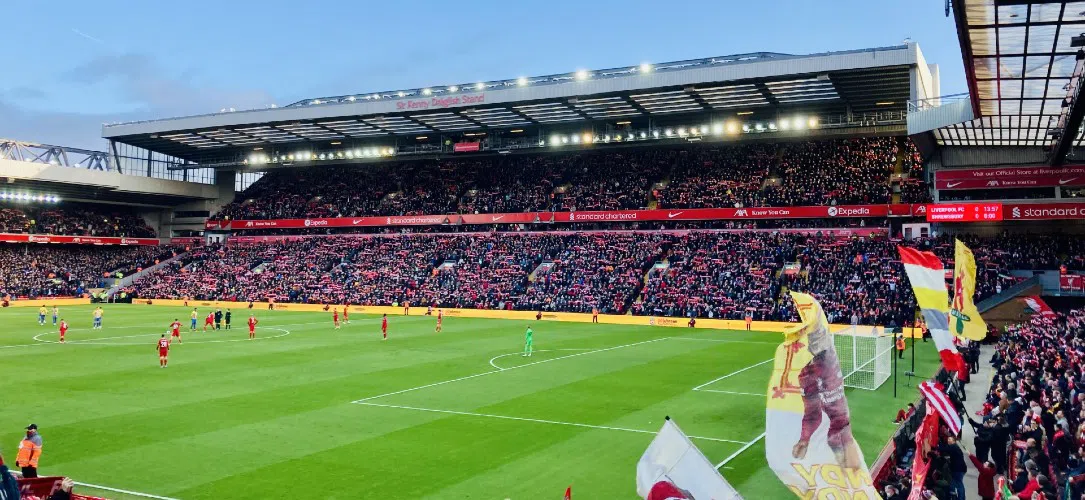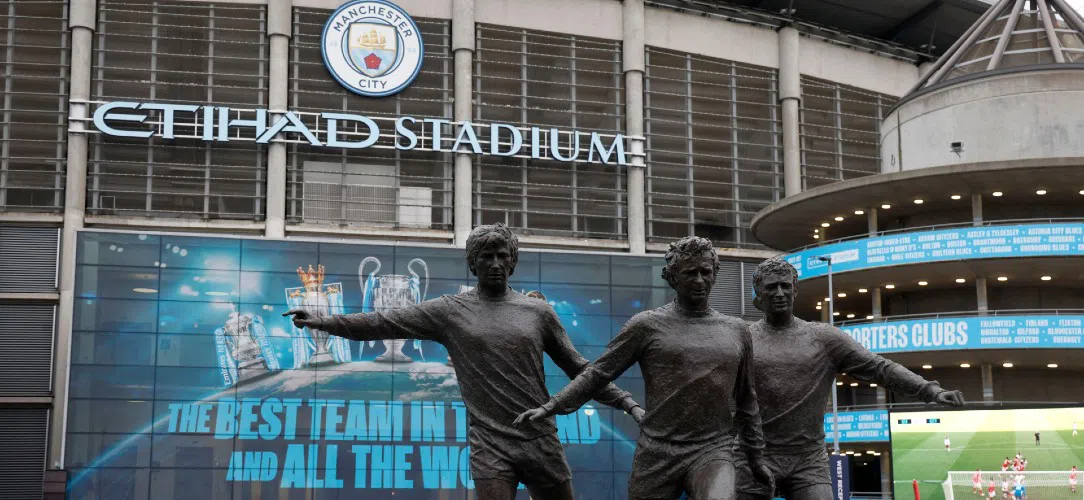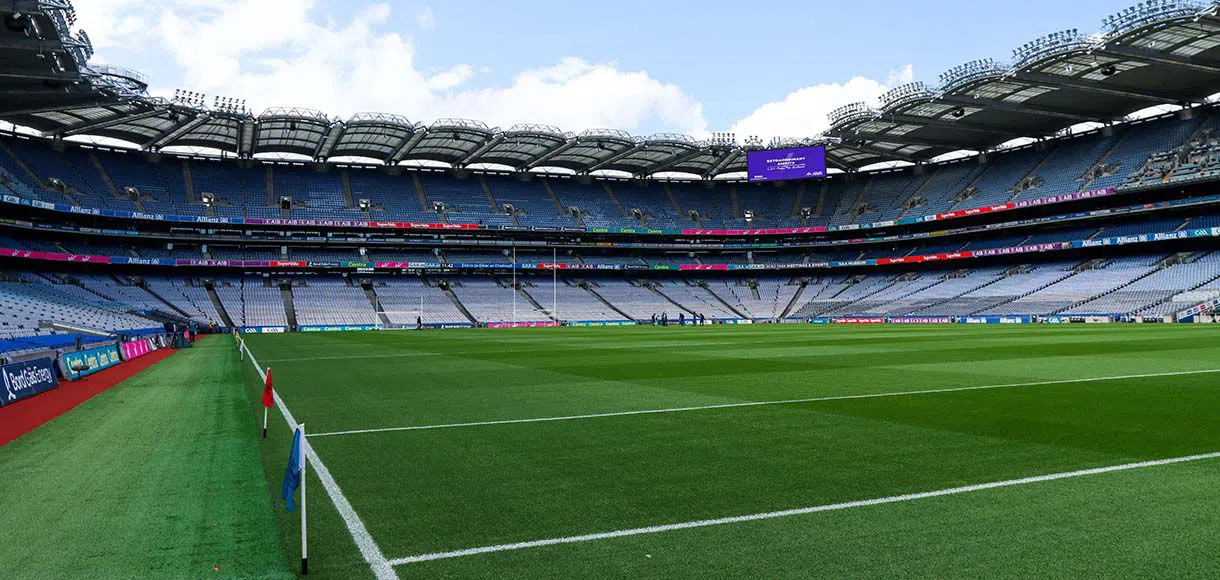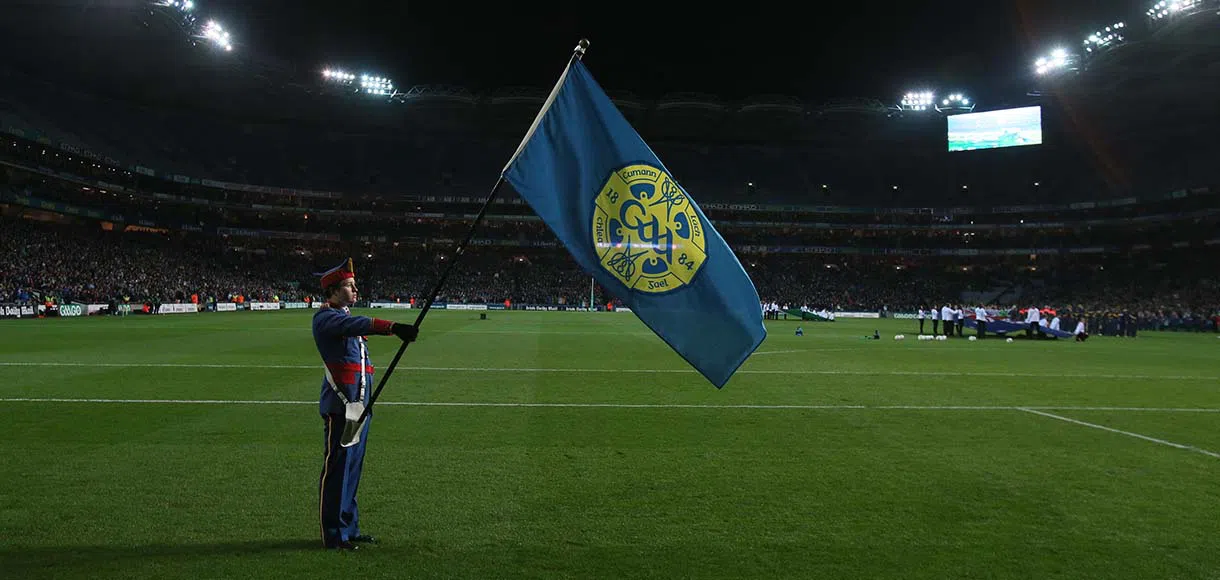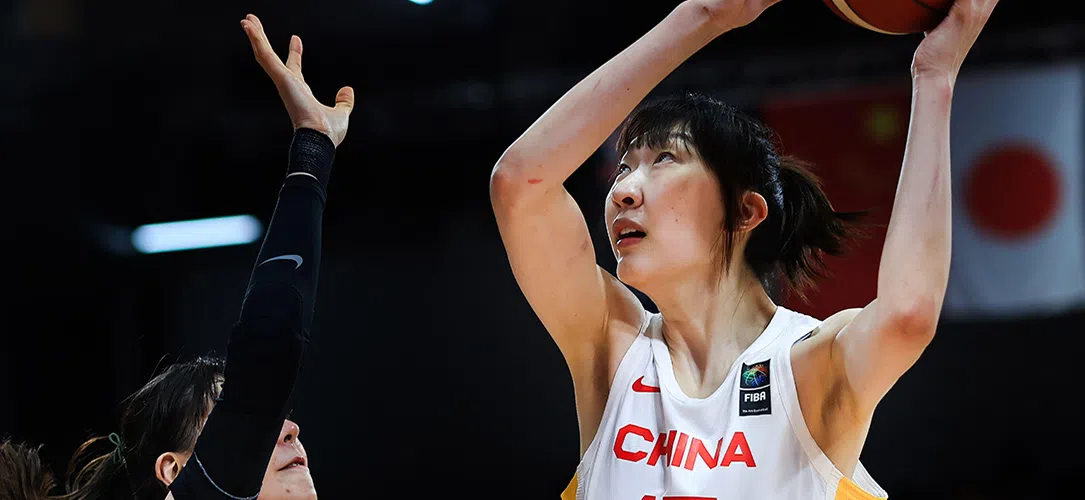Historical Premier League data shows the extent to which the division has changed over the last three decades, and how much we will know about the 2020/21 campaign after just 10 games.
The last 28 years of English football – otherwise known as ‘the Premier League era’ – are generally treated as a separate entity, different from what came before it.
Yet there is an argument that, in football terms, the biggest changes to the nature of modern football have happened since 1992.
The super-club phenomenon – where the most powerful teams dominate their domestic leagues thanks to riches assembled from commercial deals and their Champions League involvement – has seen the gap between the best and the rest in the Premier League widen rapidly since the mid-2000s.
Combined with the rise of dynamic, overseas coaches, improved fitness levels, and an emphasis on the minutiae of tactics and data, the standard at the top of the league is now so good that the margin for error is tinier than ever.
This means that a fast start to the season is crucial to any team’s hopes of success in this season’s Premier League, which Manchester City are favourites to win in the latest football betting.
Studying historical Premier League data shows how much the division has changed over the last three decades, and why, after just 10 games of the 2020/21 campaign, we will be able to make rational assumptions about how both ends of the table will look by the time it concludes in May.
THE TOP OF THE PREMIER LEAGUE
Speaking in 2012, Alex Ferguson pinpointed the exact moment that things changed at the top of the Premier League.
“If you go back 12 years, our norm was to start the season slowly and build up to the second half,” Ferguson said. “That changed when Chelsea won the title two years in a row. We had to change our pre-season approach.”
As ever, Ferguson was right. His ability to spot such trends and repurpose his squad accordingly was one of the key reasons why Manchester United restored their status as a title-winning force during the late 2000s, winning the league three years in a row between 2007 and 2009.
Until 2003, easing into the season and saving energy for the run-in was enough to win the Premier League.
In the first 11 Premier League campaigns, the eventual champions were top of the league after 10 games just three times – Manchester United in 1993/94 and 2000/01, and Arsenal in 1997/98.
United won the title eight times during that period, coming from behind to overtake the leaders in 75 per cent of them.
The average points tally of eventual champions after 10 games between 1992 and 2003 was a tick over 20 – the equivalent of six wins, two draws and two defeats.
Newcastle were top at that stage three times, Aston Villa twice and Norwich once – showing how the first few weeks of the season tended to be quite open, with the best teams waiting until the new year to put on the afterburners.

Although Ferguson is right that the arrival of Jose Mourinho at Chelsea was probably the turning point, it would be unfair not to include Arsenal’s Invincibles in the new breed of title-winners.
The Gunners also led from the front in 2003/04, with their 10-game points tally of 24 and final points tally of 90 both the second-highest in Premier League history at the time.
But it was Mourinho who realised that a fast start to the season could do more damage than had previously been recognised.
His Chelsea team racked up 23 points in the first 10 matches of 2004/05, going on to win the league with plenty in the tank. A second title followed a year later after his side won all of their first nine matches.
Starting fast allowed for a drop-off in the second half of the season. In 2005/06, Chelsea dropped points in seven of their last 16 league games as the Champions League and FA Cup intensified, but the title was already won.
This template is a Mourinho speciality. Chelsea produced a similar season in 2014/15, putting 26 points on the board after 10 matches before dropping points in eight of their last 20.
The example set by The Invincibles and Mourinho’s Chelsea has rubbed off.
First the ‘Big Four’ and then the ‘Top Six’ have made sure to flex their muscles from day one ever since, with no teams other than Arsenal, Chelsea, Manchester United, Liverpool and Manchester City leading at the 10-game mark since 2003. There have been 14 points tallies of 25+ after 10 matches, compared to three beforehand.
The average league position of champions after 10 matches has moved from 2.45 to 2, while their average points tally at that stage has increased from 20.8 to 24.
Manchester City (2013/14) and anomalies Leicester City (2015/16) made the worst starts to title-winning campaigns in this era, picking up 19 points from their first 10 games, and both of those seasons are notorious for the failure of any team to properly grasp control.
City and Liverpool have kicked up a gear in recent years.
Pep Guardiola’s side registered 28 and 26 points after 10 games of 2017/18 and 2018/19, while Liverpool took 28 points from the first 10 matches of 2019/20. The first and last of those titles were won by a combined total of 37 points.
That is now the benchmark for any team that is aiming to challenge for the title.
THE RACE FOR THE TOP FOUR
Unsurprisingly, the race for the Champions League follows a similar pattern, even though the effects only became obvious a few years later.
Between 2001/02 – when the Premier League’s top four qualified for the Champions League for the first time – and 2009/10, Birmingham, Bolton (twice), Portsmouth and Aston Villa were all fourth after 10 matches of a Premier League season.
All of those sides ended up finishing sixth or lower, with Birmingham slipping as far as 10th in 2003/04. Since 2010/11, when the ‘Top Four’ was turning into the ‘Big Six’, no side that has been fourth after 10 games has finished any lower than sixth.
That list is made up exclusively of top teams like Manchester City, Chelsea, Everton, Tottenham, Arsenal, Manchester United and Chelsea – showing how much harder it has become to even be in contention for a top four spot after 10 games, let alone secure one by the end of the season.

While there have been some surprises during that period – Newcastle (2011/12), Southampton (2013/14) and West Ham (2015/16) were all in the top three after 10 games – it is still clear that a faster start than before, of which the richest clubs are more capable, is required to secure a top-four finish.
Between 2001-10, teams that would go on to finish fourth had an average points tally of 18.1 after 10 games, with that tally rising to 19.1 for the period between 2010-20.
The team that finished fourth registered 20 or more points from the first 10 matches just once between 2001-10, whereas it has happened four times between 2010-20.
There are clearly anomalies – United, for example, finished third having taken 13 points from 10 matches in 2019/20 – but the trend is obvious.
THE BATTLE TO STAY UP
The dominance of the same teams at the top of the Premier League has made things even more random at the other end, where teams are well-matched and a fast start to keep pace is not so necessary.
Even a dreadful start to the season does not mean that survival is a lost cause.
Since the Premier League became a 20-team division in 1995, two of the three teams with just three points on the board after 10 matches have stayed up – Crystal Palace in 2013/14 and Newcastle in 2018/19.
The average finishing position for teams in 20th place after 10 games is 17th, with 11 of the 25 teams to have been there managing to avoid relegation.
Teams occupying the last relegation place in 18th after 10 matches, meanwhile, have a 60 per cent chance of survival. Fifteen of the 25 teams to have been in that position since 1995 have stayed up, five of which changed their manager midway through the season.
Clubs hovering just above the relegation zone after the opening weeks of the season are vulnerable, though, perhaps because they don’t take the same action to arrest an unconvincing start.
Teams that end up slipping into the relegation zone by finishing 18th in the Premier League average a league position of 15.64 after 10 games before dropping down the table.
Sixteen of the 25 teams to have finished in 18th since the 1995/96 season were outside the relegation zone at the 10-match mark, while Charlton (1998/99) and Bournemouth (2019/20) were in the top half and still went on to be relegated.
The tipping point between possible and likely safety is six points. Teams with between three and five points after 10 matches have stayed up 42.3 per cent of the time, while sides with six to eight points have secured safety on 55.7 per cent of occasions.

As unpredictable as the relegation battle is, it is possible to ensure your Premier League status inside the first 10 matches.
No team with 15 or more points after 10 games has ever gone down, while teams with between 12 and 14 points have a better than 90 per cent chance of survival.
But, while the uneven distribution of resources in the Premier League has reduced the margin for error at the top, the unpredictability at the bottom still remains.




